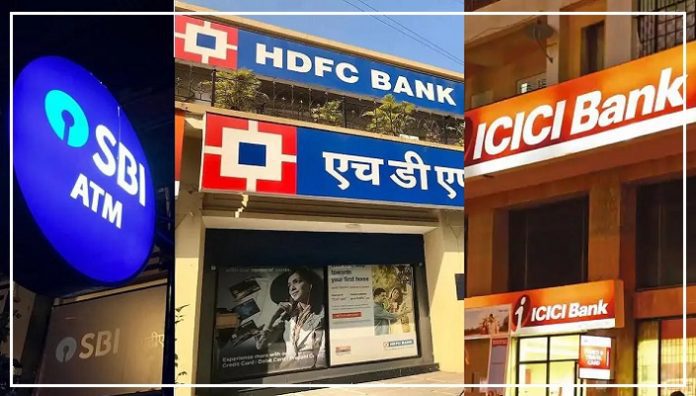After the recent announcement by the Reserve Bank of India (RBI) regarding the withdrawal of the Rs 2000 note from circulation, banks have initiated the process of exchanging notes.
While the RBI has not imposed any specific limit on the number of times notes can be exchanged or deposited,
banks have introduced service charges to regulate the process.
Here are the details of the charges implemented by prominent banks, including SBI, HDFC, ICICI, and Kotak Mahindra:
State Bank of India Charges
SBI, the largest government bank, offers customers the facility of three free cash deposits per month. Beyond the limit of three deposits, the bank will charge a fee of Rs 50 plus GST.
This fee is applicable for both cash deposits and crediting money to a customer’s account. Depositing cash through a machine is free of charge, while using a debit card for depositing will incur a fee of Rs 22 plus GST.
HDFC Bank:
HDFC Bank, the largest private sector bank, allows customers four free transactions per month. Any transactions exceeding this limit will be subject to a transaction fee of Rs 150.
Customers can deposit up to Rs 2 lakh per month without incurring any charges. For amounts exceeding this limit, a fee of Rs 5 per thousand or Rs 150 (whichever is higher) and applicable taxes will be levied.
ICICI Bank
ICICI Bank, the second-largest private sector bank, offers customers four free transactions per month. Beyond this limit, a fee of Rs 150 will be charged for each transaction.
The maximum amount that can be deposited in a savings account per month is Rs 1 lakh. For deposits exceeding this limit, a fee of Rs 5 per Rs 1000 or Rs 150 (whichever is higher) will be applicable.
Kotak Mahindra:
Kotak Mahindra Bank provides customers with five free transactions per month, including both deposits and withdrawals. Once the limit of five transactions is exceeded, a fee of Rs 150 will be imposed.
This fee remains the same whether money is deposited at a bank branch or through a machine.
Customers are advised to be aware of these charges and plan their cash transactions accordingly to avoid any unexpected fees.
